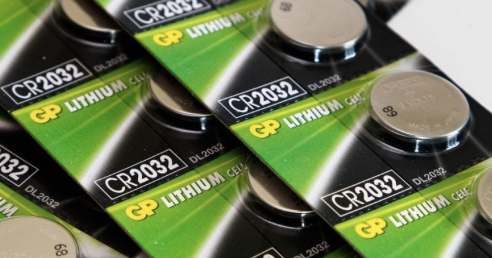A team of materials chemistry scientists from the University of Lincoln are leading a project using ‘green chemistry’ to redefine the production of lithium batteries by introducing a new, low carbon technology.
During a three-year Li4Life project the team will develop an efficient technology for the extraction of lithium from poor or complex ores of underutilised deposits, as well as post-mining tailings, as the basis for the development of future clean energy.
In addition, new selective processing methods and purification techniques will be designed to overcome existing barriers to lithium extraction while adhering to stringent EU environmental regulations.
The team, led by Professor Yousef Ghorbani, will focus on applying green chemistry and innovative processing approaches, including electrochemistry and biohydrometallurgy methods for downstream processing to produce battery-grade lithium carbonate.
Professor Ghorbani said: “We are committed to advancing sustainable, low-carbon technologies. Li4Life represents our collective dedication to a greener, more sustainable future, and we are excited to embark on this transformative journey.
“The project aims to reshape the landscape of domestic battery-grade lithium production and develop an innovative, energy-efficient, and environmentally conscious, scalable pilot plant for processing and refining lithium from underutilised battery raw material deposits.”
Batteries are crucial for domestic and commercial use, and due to an increasing need for efficient energy storage and the environmental necessity to move to greener energy, global demand is set to surge.
Lithium is a vital component of lithium-ion battery performance, however, traditional methods of lithium extraction present significant environmental challenges. Typically, this chemical element is extracted from mineral deposits through extensive mining and processing or from lithium-rich brine sources using large-scale evaporation ponds. Both methods have notable environmental impacts which include habitat disruption, high water consumption, and substantial CO2 emissions.
These environmental concerns highlight the urgent need for more sustainable practices in lithium extraction and battery recycling. As lithium and other critical raw materials become increasingly crucial for energy storage technologies, finding greener solutions for supporting a low-carbon future.
The “Li4Life” project, which is part of the Horizon Europe research programme, involves a global consortium of scientists and industrial collaborators from 15 partner organisations and 4 affiliated entities from 9 countries. The research aims to boost the domestic supply of European Union (EU) raw materials in alignment with the EU Critical Raw Materials Act.



